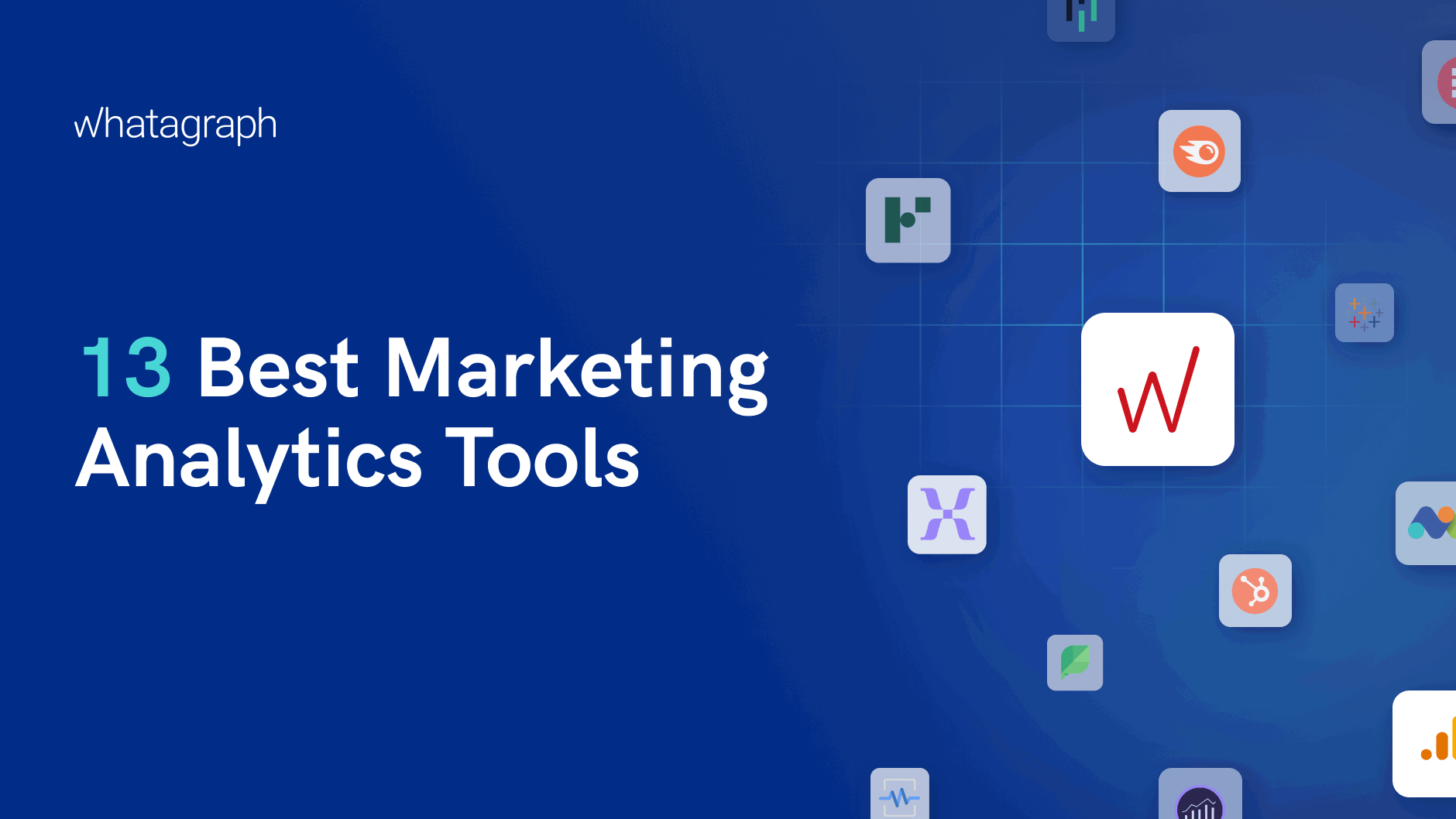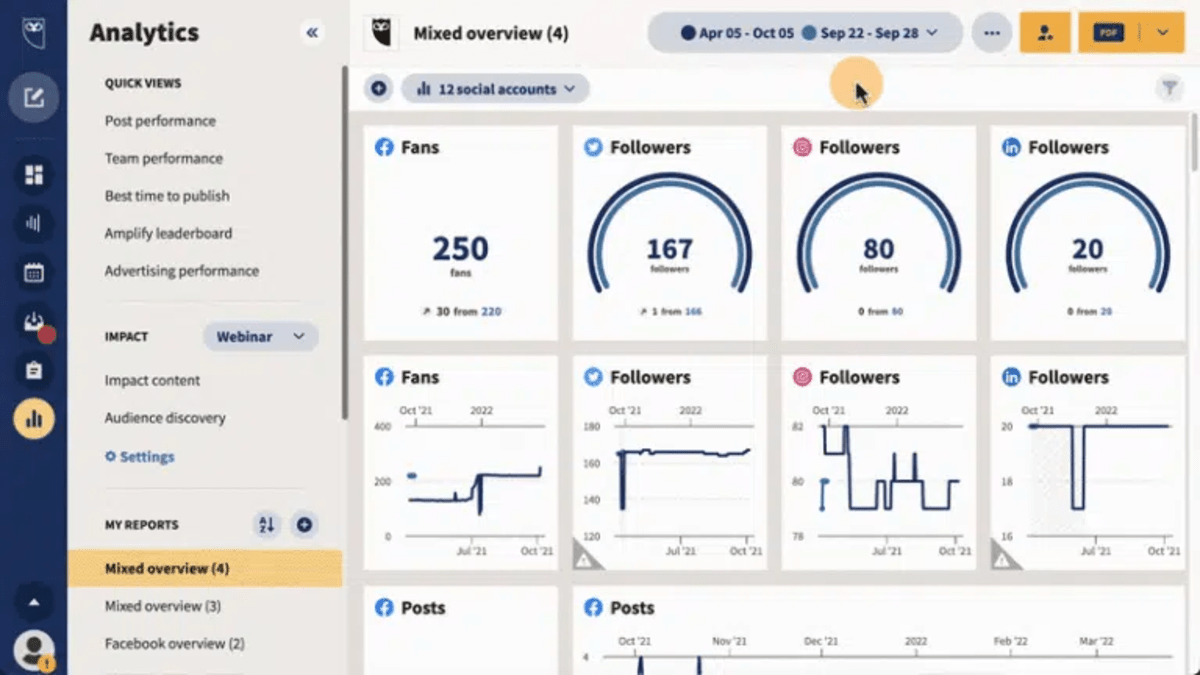Achieve Organization Goals Faster Through Tailored Analytics Providers
Achieve Organization Goals Faster Through Tailored Analytics Providers
Blog Article
Increase Performance and Success With Information Analytics
In today's data-driven landscape, organizations are increasingly recognizing the crucial duty of information analytics in enhancing operational efficiency and profitability. By systematically assessing information, organizations can discover critical insights that educate tactical choices, improve procedures, and tailor customer experiences.
Recognizing Information Analytics
In today's data-driven landscape, understanding information analytics is important for organizations aiming to enhance operational performance and drive profitability. Information analytics involves the methodical computational evaluation of information collections to uncover patterns, correlations, and understandings that notify decision-making. By using numerous strategies, such as statistical evaluation, artificial intelligence, and predictive modeling, companies can change raw data into actionable knowledge.
The process typically begins with data collection, where relevant info is gathered from several resources, consisting of transactional databases, consumer interactions, and market patterns. This information is then cleaned and arranged to make sure precision and consistency. Once the information is prepared, analytical tools and software are used to discover and imagine the details, enabling stakeholders to determine anomalies and trends.
Ultimately, understanding data analytics equips companies to make educated choices based on empirical proof as opposed to instinct. It promotes targeted approaches that can optimize resource allotment, improve customer fulfillment, and boost overall efficiency. As businesses increasingly identify the value of data-driven insights, a strong grasp of information analytics becomes a vital competency for leaders and groups alike, positioning them for continual success in an affordable environment.

Trick Advantages for Services
Organizations that take advantage of data analytics can open a wide variety of advantages that considerably enhance their operations and profitability. Among the main benefits is boosted decision-making. Data analytics offers workable insights originated from real-time information, allowing businesses to make enlightened options that straighten with market needs and customer preferences.

In addition, information analytics fosters boosted consumer experiences. By recognizing consumer actions and choices, services can tailor their offerings, bring about increased satisfaction and loyalty. This customized approach frequently leads to higher conversion rates and repeat organization.
Additionally, information analytics allows companies to recognize emerging chances and fads. By remaining in advance of the contour, companies can exploit on new markets and developments before their competitors.
Executing Data-Driven Methods
Effective implementation of data-driven techniques requires a comprehensive understanding of both offered information and organizational objectives sources. Organizations must first define their objectives plainly, guaranteeing positioning in between data efforts and tactical goals. This quality enables teams to concentrate on relevant metrics and insights that drive decision-making.
Next, businesses need to evaluate their existing data framework. This entails assessing information top quality, access, and integration capabilities. High-grade information is essential for precise evaluation, as poor information can bring about illinformed techniques and thrown away sources. Organizations should establish procedures for information collection, cleaning, and administration to keep information integrity.
Additionally, promoting a data-driven culture is essential. Staff members whatsoever degrees should be motivated to utilize information in their daily procedures. Training programs and workshops can enhance information proficiency, equipping staff to make enlightened choices based upon analytical understandings.
Devices and Technologies Review
A robust suite of modern technologies and devices is essential for organizations aiming to harness the full possibility of information analytics. These tools assist in the collection, processing, and visualization of data, making it possible for organizations to acquire workable understandings.
At the foundational degree, data administration platforms such as SQL databases and NoSQL systems provide efficient data storage space and retrieval abilities. For information processing and evaluation, programming languages like Python and R, together with frameworks such as Apache Flicker, enable intricate computations and artificial intelligence applications.
Visualization tools, including Tableau and Power BI, transform raw data into instinctive graphical layouts, making insights obtainable to stakeholders in all degrees. Furthermore, cloud-based platforms like Google Cloud and AWS supply scalable storage and handling options, suiting the growing volumes of data companies come across.
For sophisticated analytics, predictive modeling and AI-driven services are significantly taken on, allowing firms to forecast fads and enhance decision-making processes. Incorporating these devices right into existing operations is critical; companies that successfully utilize this technology can significantly improve functional efficiency and drive profitability. Hence, purchasing the right tools wikipedia reference and innovations is a critical essential for any type of data-driven company.
Case Researches of Success
Leveraging information analytics has actually led many companies to accomplish remarkable renovations in performance and earnings. One remarkable instance is a big retail chain that applied anticipating analytics to optimize supply management. By examining historic sales information and customer trends, the business minimized excess supply by 30%, resulting in considerable expense savings and boosted capital.
Another example can be located in the production sector, where a leading automobile supplier made use of information analytics to boost its production processes. By keeping an eye on equipment efficiency in real-time, the company recognized ineffectiveness and traffic jams, leading to a 20% boost in general devices efficiency (OEE) This not only increased manufacturing prices but additionally lessened downtime and maintenance expenses.

These case researches show how information analytics can drive calculated decision-making, maximize procedures, and eventually boost both efficiency and productivity throughout numerous sectors.
Verdict
To conclude, the integration of information analytics right into business procedures provides considerable chances for enhancing effectiveness and weblink productivity. By systematically analyzing information, organizations can recognize inefficiencies, maximize client experiences, and make notified decisions. The adoption of anticipating modeling and real-time surveillance further enables companies to stay in advance of emerging fads and designate resources effectively. Eventually, the calculated implementation of data-driven methodologies promotes sustained competitive benefits and drives considerable enhancements in operational efficiency and economic end results.
In today's data-driven landscape, understanding information analytics is necessary for organizations intending to improve operational efficiency and drive earnings. Information analytics involves the methodical computational analysis of data collections to discover patterns, correlations, and understandings that notify decision-making. Data analytics offers workable insights obtained from real-time data, enabling businesses to make educated selections that align with market demands and consumer preferences.
Premium information is go essential for precise analysis, as bad information can lead to illinformed strategies and thrown away sources. Organizations has to develop processes for data collection, cleaning, and monitoring to keep data integrity.
Report this page